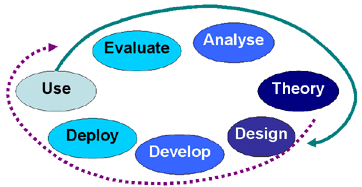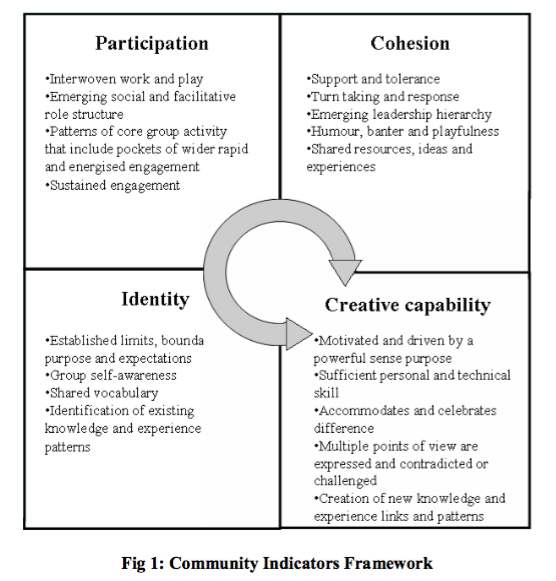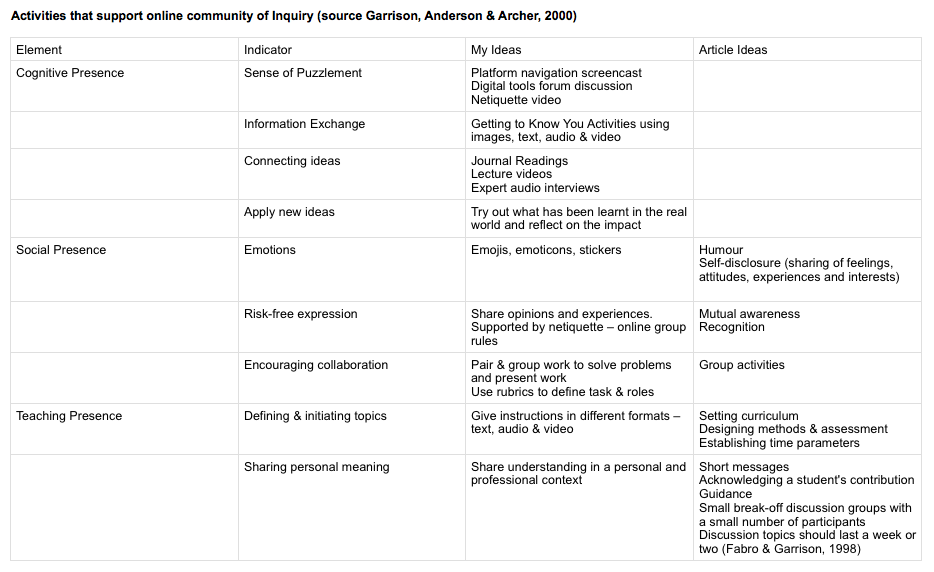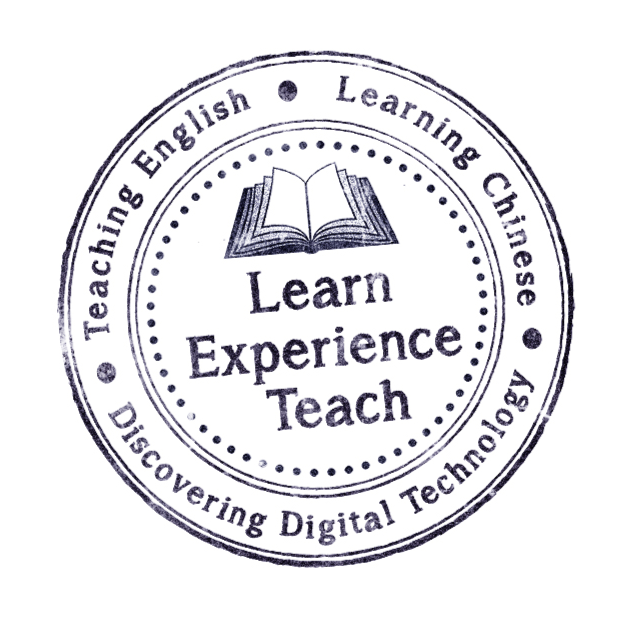Here is a 10 slide, 10 minute presentation introducing the concept of Telecollaboration for EFL Talks 10 in 10 Terms. EFL Talks is a great place for educational professionals to learn from each other – essentially teachers teaching teachers! Want to know what it’s like to organise a telecollaboration? Listen to an interview with Eva…

Reflection on: Researching the community of inquiry framework: Review, issues, and future directions, Garrison, R.D., & Arbaugh, J.B., The Internet and Higher Education 10 (2007) 157-172 Overview This paper provides a summary to date (well, up to 2007) of the research made about the Community of Inquiry (CoI) framework (Garrison, Anderson & Archer, 2000) and…

Reflection on: Community of inquiry as a theoretical framework to foster “epistemic engagement” and “cognitive presence” in online education (Shea & Bidjerano, 2009) How to improve cognitive presence in online education This study of 2000 online learners by Shea & Bidjerano (2009) confirms the constructs of teaching, social and cognitive presence as theorised by the…

Reflection on: Exploring casual relationships among teaching, cognitive and social presence: Student perceptions of the community of inquiry framework by Garrison et. al (2009) Teaching Presence in Online Learning This paper discusses the need to have a holistic framework to facilitate the integration of pedagogy and technology. The Community of Inquiry (Garrison, Anderson & Archer,…

Participation is the ways in which individuals engage in activity: “We have observed that the early appearance of one or more participants performing social behaviours will impact on the longer-term development of a supportive culture for the life of the community” (Galley et. al, 2012, p10). The instructor is the main, active moderator in an…

Definition of Community Galley et al. (2012) highlight an evolution in the notion of ‘community’ from Networks of Practice (Wenger, 1998; and Brown & Duguid, 2001) , and Network Sociality (Wittel, 2001) to Community of Inquiry (Garrison et al., 2000) and Communities of Interest (Fischer, 2002). According to Smith (2001) early definitions of term community centre around place, as in physical location,…

Methodology: Design-Based Research Some time ago I read Community Indicators: a framework for observing and supporting community activity on Cloudworks by Galley et al. (2014) which proposes four key factors which underpin successful online collaborative groups: participation, cohesion, identity and creative capability. Before digging deeper into these aspects of community experience, I was pulled towards the methodology…

My Update Many months since my last post and I have lost the rhythm of reading and writing academic journals. I know I enjoyed it in the past, and thus, I am convinced that the feeling will come back again in time. And seeing as I want to get back into the swing of things in…

CIF I am now reading about another framework that supports online community activity by Alevizou, Conole and Galley (2012). The community indicators are Participation, Cohesion, Identity and Creative Capability. There is some overlap with another research paper I read and blogged about recently about the key elements of an educational experience – Cognitive presence, Social presence and Teacher presence…

Activities that support online community of inquiry In my previous post I listed some of my own ideas to facilitate cognitive, social and teacher presence in an online learning environment. I thought it would be interesting to put them side-by-side with some of the examples given in the paper. Although I do not plan to run…
